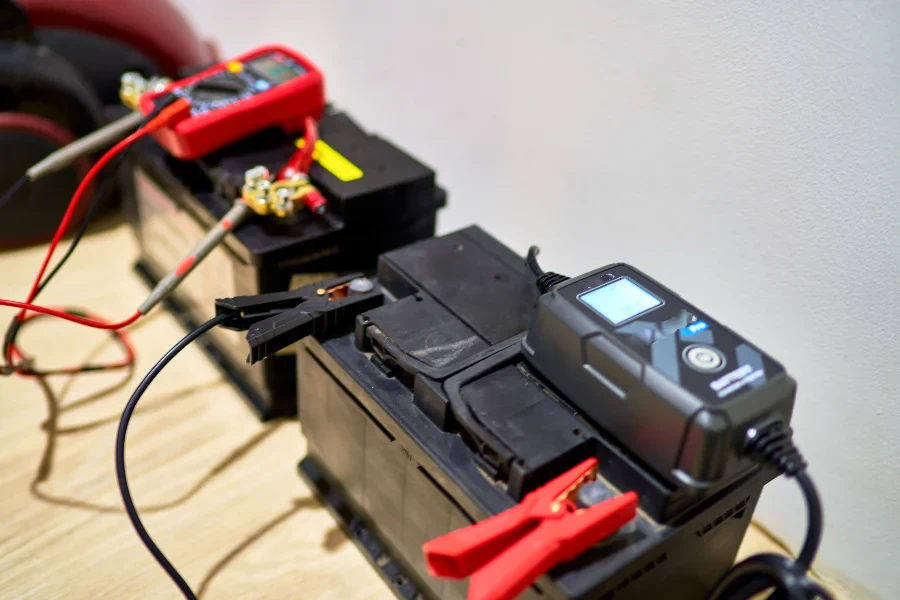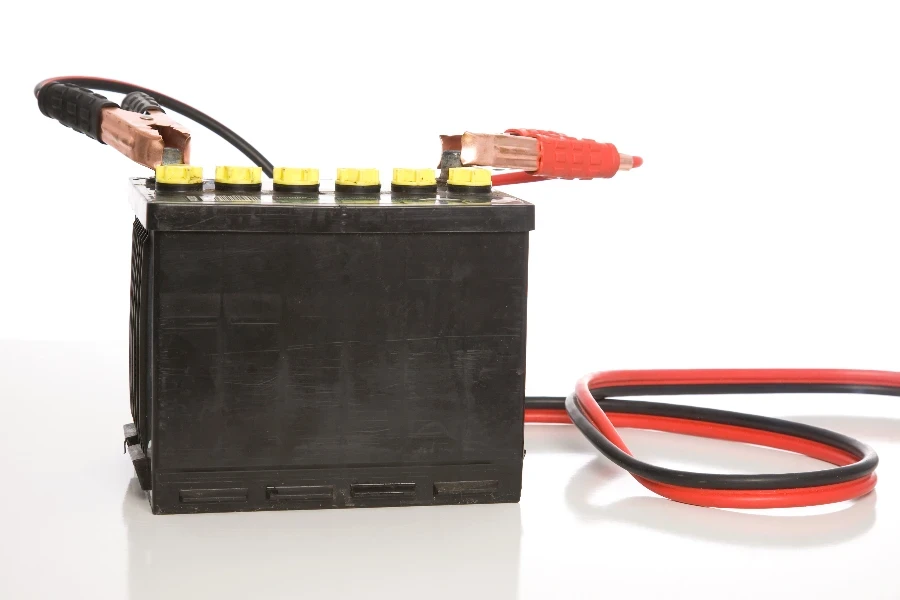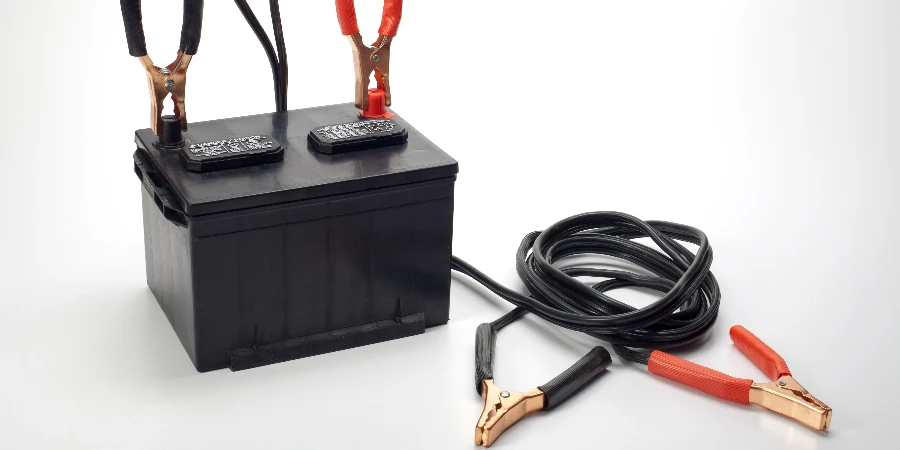A car battery charger is an indispensable tool for any vehicle owner, offering a lifeline to dead batteries and ensuring your car is always ready to go. This guide dives deep into what car battery chargers are, their functions, how to select the right one, their longevity, replacement tips, and cost considerations. Get ready to empower your automotive knowledge and keep your vehicle running smoothly.
Table of Contents:
– What is a car battery charger?
– What does a car battery charger do?
– How to choose a car battery charger
– How long do car battery chargers last?
– How to replace a car battery charger
– How much are car battery chargers?
What is a car battery charger?

A car battery charger is a device designed to replenish the charge in a vehicle’s battery, extending its life and ensuring the vehicle can start when needed. Unlike jump starters, which provide a quick burst of energy to start a car, battery chargers deliver a slow, steady charge, either restoring a depleted battery to full charge over several hours or maintaining an optimal charge level. Modern chargers come with a variety of features, including multiple charging modes, safety mechanisms to prevent overcharging, and compatibility with different types of vehicle batteries.
What does a car battery charger do?

The primary function of a car battery charger is to apply an electrical current to a car’s battery, replenishing its charge. This process involves converting AC power from the wall outlet into DC power at a lower voltage, which can safely be fed into the battery. Advanced chargers are equipped with smart technology that can assess the battery’s current state and adjust the charging rate accordingly, preventing damage from overcharging and increasing the battery’s lifespan. Additionally, many chargers have maintenance or trickle charge modes, designed to keep a battery at its optimal charge level during periods of inactivity.
How to choose a car battery charger

Choosing the right car battery charger involves considering several factors, including the type of battery you have (lead-acid, AGM, gel, etc.), the desired charging speed, and any additional features you might need. For standard lead-acid batteries, a basic charger might suffice, but for more specialized batteries like AGM or gel, a charger that can provide the appropriate charging profile is necessary. Additionally, consider whether you need a charger with fast charging capabilities, or if a model with maintenance mode and other smart features is more suited to your needs. Safety features such as spark-proof connectors and reverse polarity protection are also important to look for.
How long do car battery chargers last?

The lifespan of a car battery charger largely depends on its build quality, usage frequency, and how well it’s maintained. High-quality chargers designed with durable materials and advanced circuitry can last for several years, even with regular use. To maximize the lifespan of your charger, it’s important to follow the manufacturer’s instructions for use and maintenance, store it in a dry, temperate environment, and avoid exposing it to harsh conditions. Regularly inspecting the charger for signs of wear or damage can also help extend its useful life.
How to replace a car battery charger

Replacing a car battery charger is straightforward: select a new charger that meets your needs, following the criteria outlined in the selection guide. Once you have your new charger, ensure it’s properly set up according to the manufacturer’s instructions. This typically involves connecting the charger to the battery terminals, making sure to match the positive and negative connections correctly. If your charger has multiple modes or settings, select the one that best suits your battery type and charging needs. Disposing of your old charger responsibly, preferably through a recycling program, is also an important step.
How much are car battery chargers?

The cost of car battery chargers can vary widely, depending on their features, brand, and charging capacity. Basic models suitable for occasional use can be found for as little as $20-$50, while more advanced chargers with smart technology, faster charging speeds, and compatibility with a broader range of battery types might cost anywhere from $60 to $200 or more. Investing in a higher-priced charger can be worthwhile for those needing more sophisticated charging capabilities or for maintaining specialized batteries.
Conclusion:
A car battery charger is a crucial tool for maintaining your vehicle’s battery health and ensuring it’s always ready to start. By understanding the different types of chargers available, how they work, and how to choose the right one for your needs, you can make an informed decision that will keep your car running smoothly for years to come. Remember, investing in a quality charger and taking proper care of it can save you time and money in the long run by extending the life of your car’s battery.




